2021: The year of science and hope
The second year of the coronavirus pandemic is coming to an end. It is time to take a balance of the year, learn from the past, and plan for the future. In 2021, we face even more challenging times than the year before. We had dramatic periods, with daily average deaths exceeding three thousand. The health system collapsed in Brazil and in the world. There was a shortage of beds, health professionals, and even oxygen. And in the midst of all this, scientific knowledge prevailed, and the long-awaited vaccine arrived.
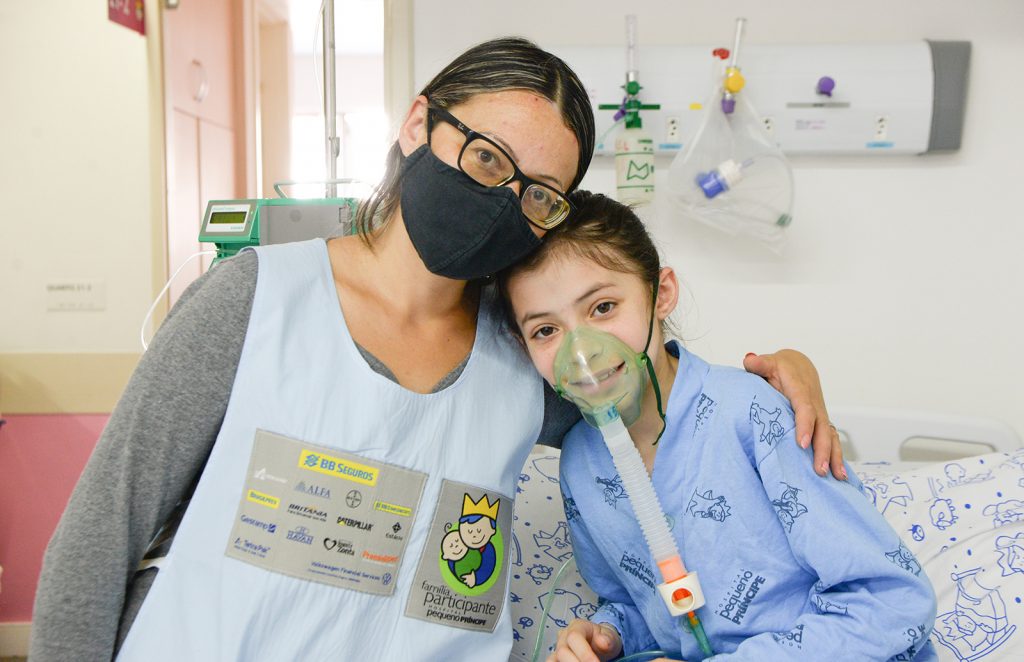
At the Pequeno Príncipe Hospital, the challenges were faced with courage, dedication, professionalism and excellence in management. With the support of the community, companies, government, individuals and volunteers, the institution was able, yet again, to offer health assistance with excellence, to invest in science, to innovate, to rethink environments, to create protocols, to train professionals and to improve indicators.
We learn from nature, which, despite all the difficulties, follows its course. In nature, everything changes. The seasons are there to remind us that, after a harsh winter, spring will always bring the renewal and hope of colors and flowers. Just as nature has taken its course, the Pequeno Príncipe has also become more and more committed to bringing health of excellence and guaranteeing the rights of children and adolescents.
We share with you, who is part of our history and support us at all times, some of the most important events of 2021 at the Pequeno Príncipe.
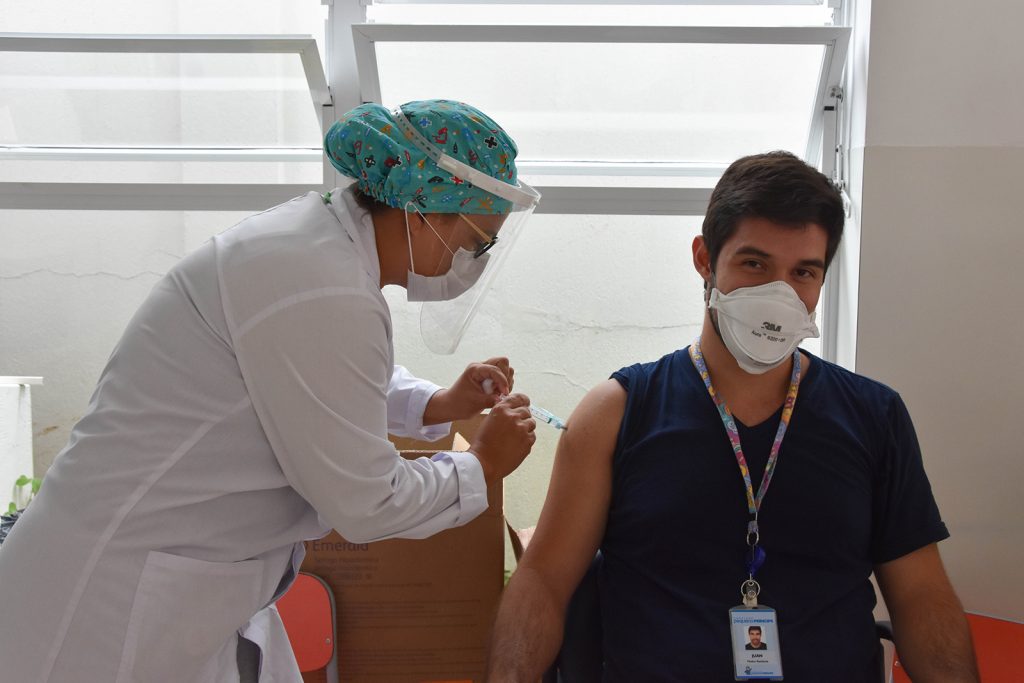
Summer – hope
The great news of the period was the arrival of the first doses of vaccine, destined for the health professionals, renewing the teams’ confidence and the hope for better days. The immunization campaign presented an efficiency of 96% among the collaborators and doctors who work at the institution.
Among the children who were infected with SARS-CoV-2, the doctors noticed that a large number had heart sequelae. Therefore, a specific cardiology ambulatory was implanted for post-COVID-19 patients, qualifying the health assistance and avoiding the mortality of children and adolescents due to complications brought on by the disease in the medium and long term.
Also in January, the Cochlear Implant Service completed ten years. At Pequeno Príncipe an average of 18 implants a year is performed through the Public Health System (SUS). The Hospital counts on a multi-professional team and all the necessary structure to carry out the diagnosis, the surgery, the post-surgical follow-up and the rehabilitation of the patients. In addition to SUS, the institution performs the procedure via health insurance plans and private patients.
Autumn – resilience
Fall arrived bringing an increase in COVID-19 cases registered at the Hospital. Even with safe protocols for those who needed medical attention, the number of consultations and examinations dropped. Many patients from the countryside could not get transportation to get to the Hospital.
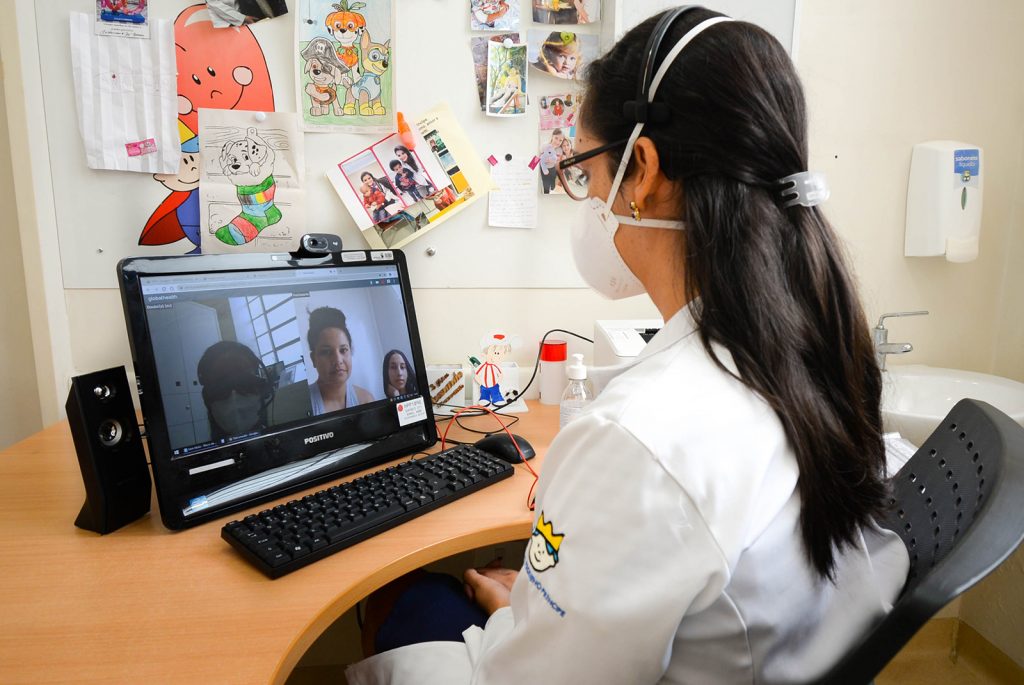
Thus, the Pequeno Príncipe’s Telehealth Service was born, initially aimed at the patients of the Public Health System. By means of technology, the Hospital was able to reach patients who needed to return to their specialists and, because of the pandemic, were unable to do so.
Also during this period, the institution celebrated the 15th anniversary of the Pelé Pequeno Príncipe Research Institute. The online celebration was another way of valuing science and the work of scientists.
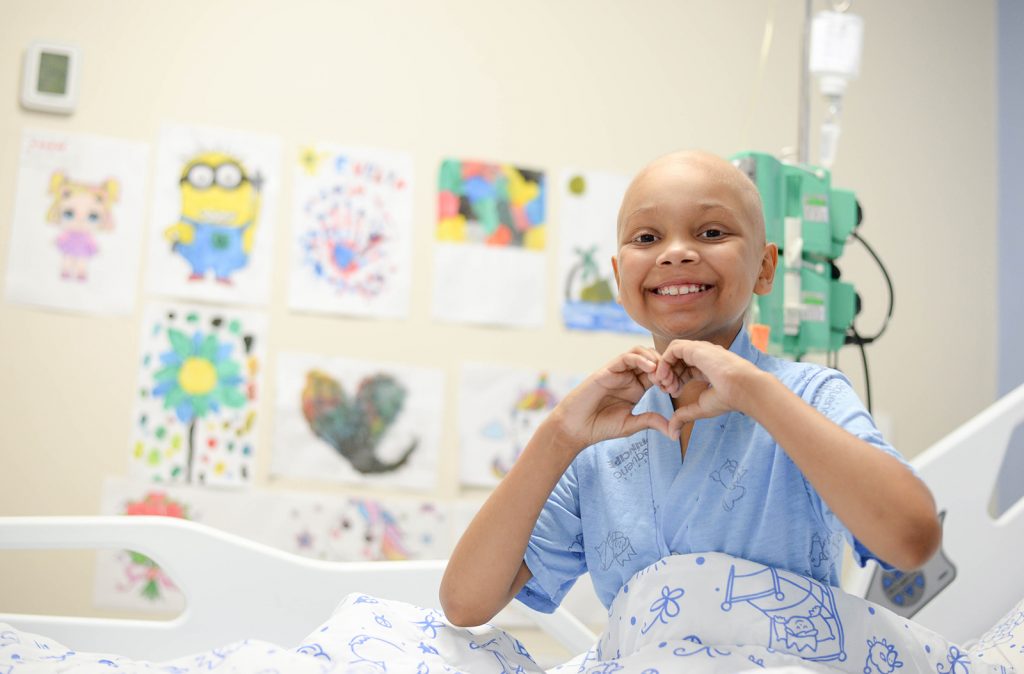
The bone marrow transplant (BMT) unit has reached ten years. Throughout its first decade, it performed 303 procedures, giving 280 patients a new chance of a healthy life. In 2020, it was responsible for 12% of the pediatric transplantations done in Brazil.
The Hospital’s Genomic Laboratory receives certification for excellence in leukemia testing. The unit is among the first ten in Brazil to receive the certificate, which is based on strict international protocols.
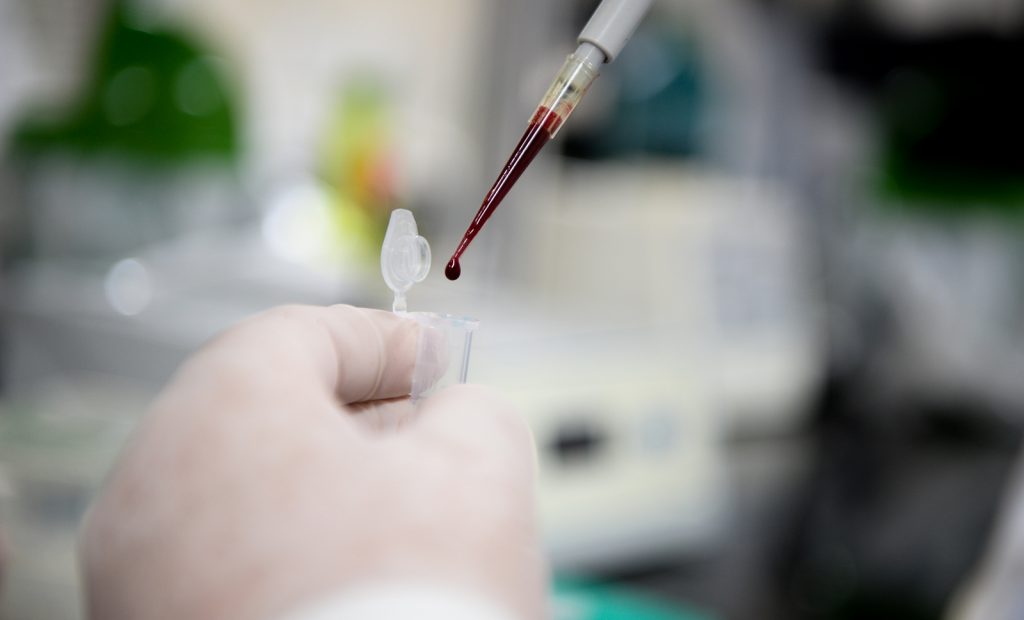
Winter – strength
With the arrival of winter, there is an explosion in the number of cases of COVID-19 in children assisted by the Pequeno Príncipe Hospital. Research related to the disease continues to be carried out at the Pelé Pequeno Príncipe Research Institute, and several articles are published in important scientific journals, such as Science and Nature Immunology. One of the studies confirms that there is a genetic and immunological predisposition for the development of the severe forms of COVID-19.
Because of its performance with direct relation to the development of science, technology and innovation, the Pequeno Príncipe Complex has been invited to become an institutional member of the Brazilian Society for the Advancement of Science (SBPC), considered to be the most representative organization of the Brazilian scientific community.
While facing the pandemic, the institution has not stopped worrying about the impact it has on the environment and, therefore, on the World Environment Day, it has announced a partnership with the NGO Society for Wildlife Research and Environmental Education (SPVS) to compensate the carbon emissions, protecting the Atlantic Forest. The Pequeno Príncipe was the second hospital in Brazil, and the first pediatric one, to do the compensation.
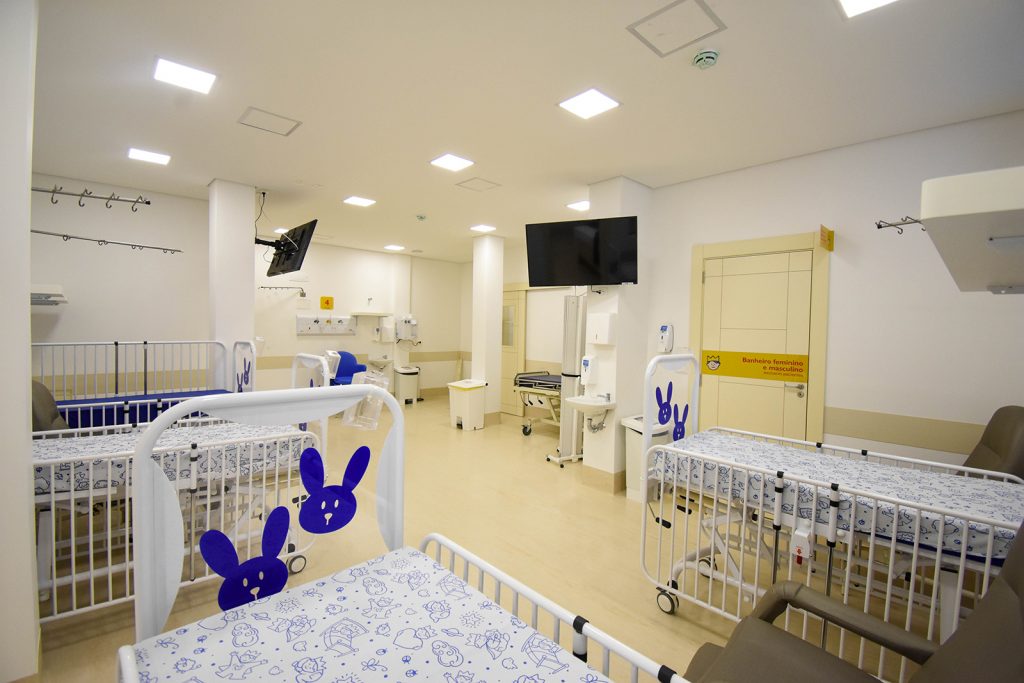
Another highlight of the period was the re-inauguration of the Emergency Room dedicated to Public Health System’s patients. The facility was extended and the appointment rooms were renovated with resources donated to the institution by several partners from the community.
It was also during winter time that the Pequeno Príncipe joined an international initiative aiming at democratizing knowledge. It is the Project ECHO – which, by means of an online platform, allows professionals from any region of Brazil and the world to get together to discuss the best practices related to health. The Pequeno Príncipe Hospital and the Pequeno Príncipe College have held meetings in which they discussed themes related to children’s and teenagers’ health.
Spring – renewal
Spring has arrived bringing excellent news for the Hospital. On its 102nd birthday, the Pequeno Príncipe was recognized as one of the best pediatric hospitals in the world by the American magazine Newsweek. The institution is the only exclusively pediatric institution in South America to appear in the ranking, which listed the 150 best pediatric hospitals based on the recommendations of more than 40 thousand specialists from 20 countries.
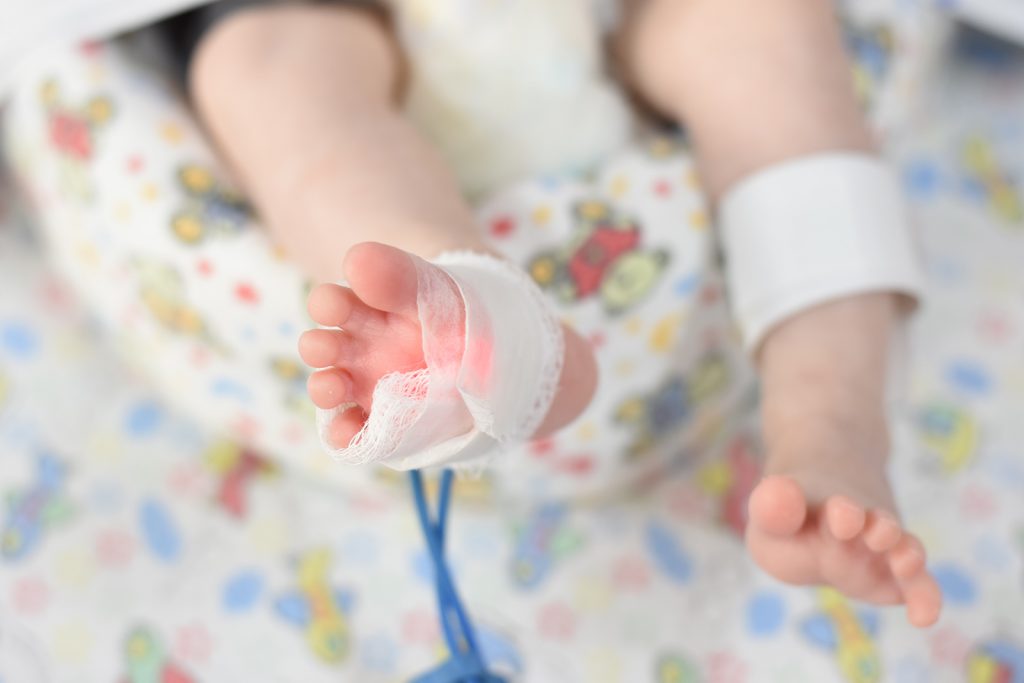
Another important recognition was for the work of the Neonatal ICU of the Pequeno Príncipe. After completing 30 years, the unit is among the six neonatal ICUs in Brazil to be part of the Institutional Development Support Program of the Public Health System (Proadi-SUS). More than 300 hospitals from all over Brazil enrolled in this stage, which selected 204 institutions among pediatric, adult, and elderly. The initiative aims at reducing hospital infections.
The Pequeno Príncipe is holding another edition of the Pequeno Príncipe Gala, celebrating science and life. The event celebrated the ten years of the initiative, which mobilizes supporters of the institution in Brazil and abroad and has already raised more than US$ 4.6 million, contributing with important advances for the institution, such as the implementation of the Genomic Laboratory and the purchase of high-cost medications for cancer patients and rare diseases.
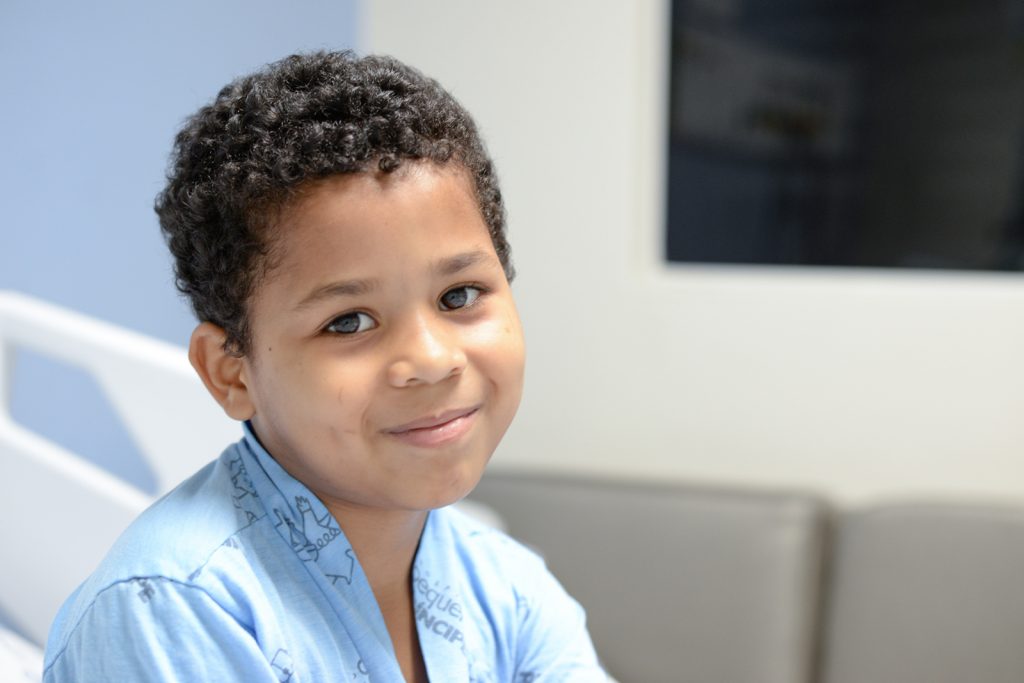
Summer – future
A new summer is coming, and the Pequeno Príncipe is looking to the future. Just like Antoine de Saint-Exupéry wrote, the institution believes that “the future is not a place where we are going, but a place that we are creating. The path to it is not found, but made, and the act of making it changes both the maker and the destination”.
This future is being built with the support of thousands of individuals, companies, public authorities, and civil society organizations that dream of building a world with more opportunities of health and life for all children and adolescents in Brazil. By working together, we transform ourselves and we also transform the health and life chances of our boys and girls.
Click here and check out the challenges and achievements of 2021.






